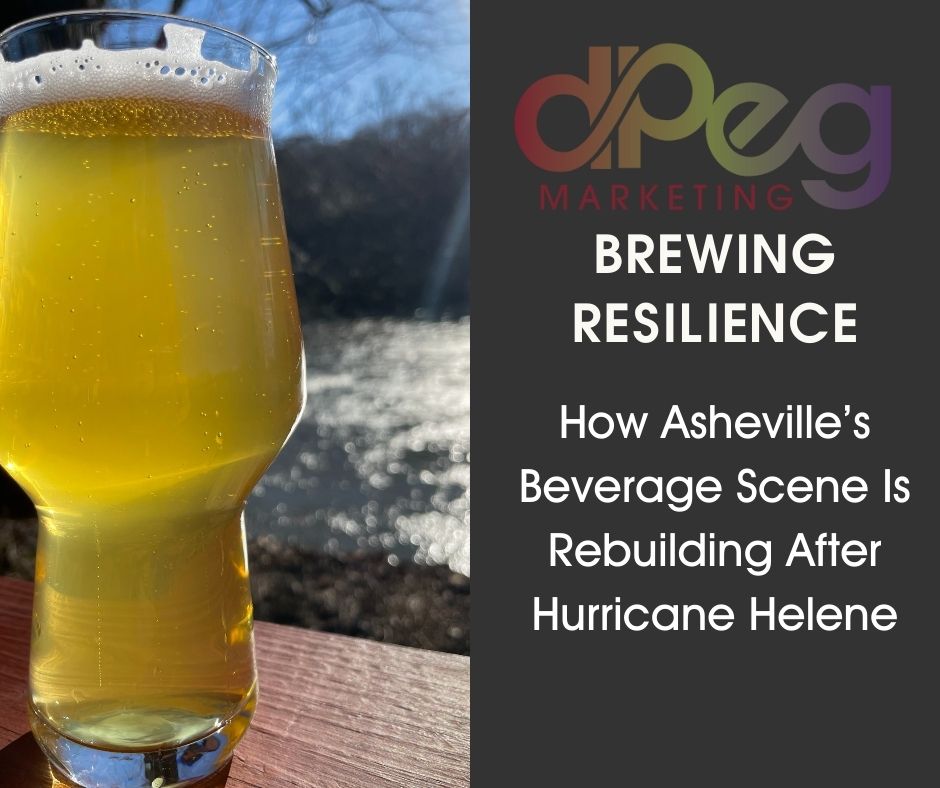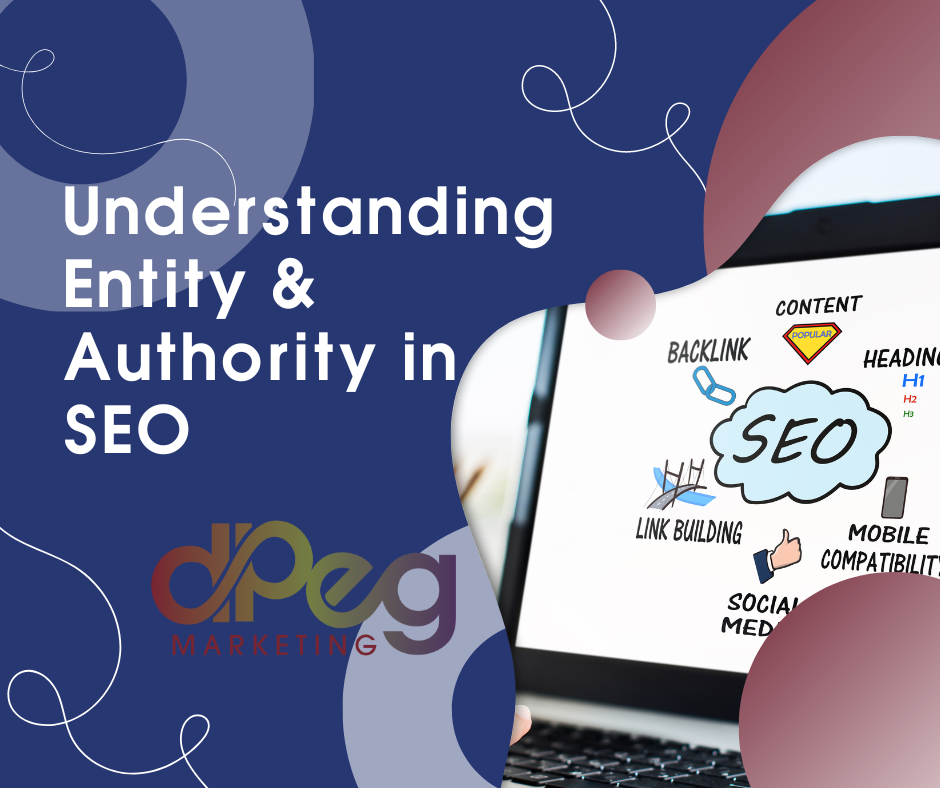Social media is like the wild wild west. The major players make significant changes in the back end every few months, impacting the algorithms and how users interact with the site. Now, with the addition of AI search across Meta and Google and a recent announcement from Apple, the way users get information is shifting dramatically. While social media is used for your business, it isn’t always the best platform for direct sales. Here are some of the things to consider.
1. The Impact of Algorithm Changes
Frequent changes in social media algorithms frequently impact visibility and engagement for businesses and individuals. These updates often prioritize new types of content, shifting trends, or different user behaviors, which can suddenly reduce the reach of previously successful posts. This unpredictability forces content creators to adapt strategies to maintain their audience’s attention.
This shift of focus from regular operations is frustrating and often leads to abandoning social media. When businesses need to invest more time and resources in staying updated with algorithm changes and experimenting with new content formats to sustain or improve their engagement levels, that shows in the quality of the content.
Related: Are You Chasing Your Tail on Social Media?
2. Data Privacy and Security Concerns
Data privacy and security risks on social media platforms are a growing concern as these platforms collect vast amounts of personal information. Users are vulnerable to data breaches, where cybercriminals can steal and misuse sensitive information. Social media companies share user data with third parties, sometimes without explicit consent, leading to potential misuse of personal information.
The rise of sophisticated phishing attacks and identity theft further exacerbates these risks. Users must be vigilant about their privacy settings and the information they share, while platforms must implement robust security measures to protect user data. Facebook, for instance, relies on bots to flag non-compliant content, but the algorithms are often imperfect.
3. Balancing Engagement and Sales
At dpeg Marketing, we don’t believe that social media is the best engine to drive sales in your business. But, it can be another tool in your tool belt. Balancing engagement and sales on social media requires a strategic approach to content creation. To maintain this balance, it’s essential to follow the 80/20 rule: 80% of your content should be informative, entertaining, or otherwise valuable to your audience, while only 20% should be promotional.
Engaging content can include behind-the-scenes looks, user-generated content, tips, and industry news that resonate with your audience. When creating promotional posts, focus on storytelling and how your products or services solve problems or enhance lives. Consistent interaction with followers through comments and messages also helps foster a sense of community, making your promotional content more well-received.
4. Diversifying Your Digital Presence
You don’t own your social media information. Diversifying your digital presence is crucial because relying solely on social media can be risky. You don’t own your social media information. These platforms are controlled by third parties, meaning your account could be hacked, suspended, or removed due to changing algorithmic rules, often without warning.
You create a more stable and resilient online presence by exploring other digital channels such as email marketing, a dedicated website, blogs, and updated SEO strategies. These channels allow you greater control over your content and customer interactions. Diversifying ensures you maintain communication with your audience and protect your brand’s visibility regardless of social media disruptions.
5. Analyzing Social Media Metrics
Effectively tracking and interpreting social media metrics is essential for refining your strategy and achieving better results. Start by identifying key performance indicators relevant to your goals, such as engagement rates, reach, impressions, click-through rates, and conversion rates. Use analytics tools social media platforms provide to gather data on these KPIs regularly.
Pay attention to trends over time rather than isolated data points to understand what types of content resonate most with your audience. Analyze which posts generate the most engagement and adjust your content strategy accordingly. Consider the demographics and behaviors of your audience to tailor your approach. Regularly reviewing and adjusting your plan based on these insights helps optimize your social media presence and achieve your marketing objectives.
Related: Social Media Campaigns
6. Managing Negative Feedback
Managing negative feedback on social media requires a thoughtful and strategic approach. First, respond promptly and professionally to show that you value customer feedback and are committed to resolving issues. Acknowledge the problem, offer a solution, or invite the commenter to discuss the matter privately to avoid public escalation. Maintain a calm and empathetic tone, regardless of the comment’s nature.
Use negative feedback to learn more and improve your products or services. Demonstrating a proactive and positive response can turn a potentially damaging situation into a chance to showcase excellent customer service and build trust with your audience.
7. Content Authenticity
Maintaining authenticity in social media content is vital for building trust and credibility with your audience. Authentic content reflects genuine experiences, values, and your brand’s true personality, helping to forge stronger connections with followers. When content is transparent and relatable, it resonates more deeply, fostering loyalty and engagement.
Audiences are increasingly savvy and can detect insincerity, which can damage your reputation. You demonstrate integrity by consistently sharing honest stories, user-generated content, and behind-the-scenes insights and create a more trustworthy and credible online presence. Authenticity differentiates your brand and encourages a more meaningful and lasting relationship with your audience.
Related: Reframing the Average
Do you have questions about your social media presence and how to incorporate a robust marketing strategy for your business?
dpeg Marketing Company has 2 spots open for website design in 2024. Schedule a consultation to learn more.
We partner with tiny house, agriculture, agritourism, brewing, pet, and equine businesses to help them grow. We can help you optimize your site and integrate the essential tools. You can build your reputation and be recognizable with the right systems.
Maximize your marketing spend by consolidating your email marketing, blogging, social media, and website maintenance with dpeg Marketing Company. We have 4 spots open for marketing partnerships in 2024. Access our calendar to schedule your FREE consultation.
Contact us for a FREE consultation by emailing teona@dpegmarketing.com or calling (828) 333-3816.











